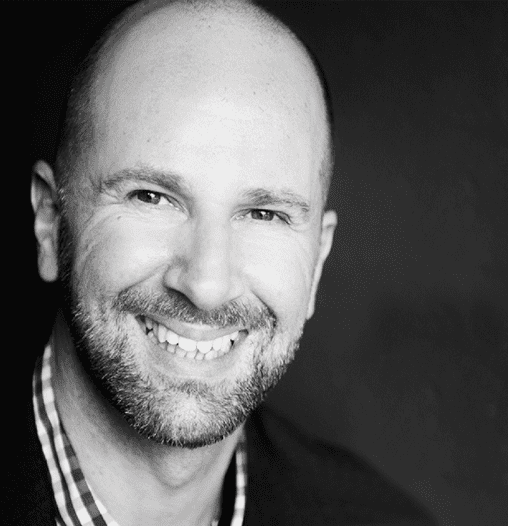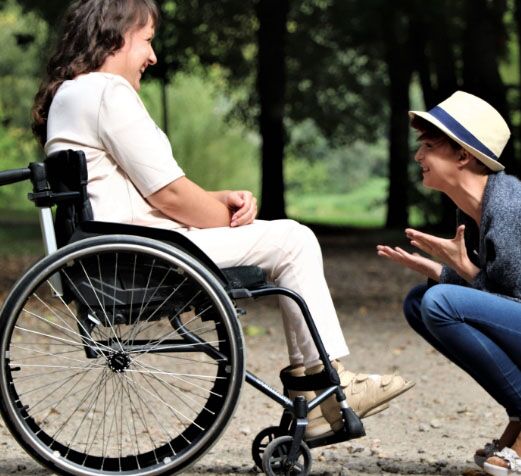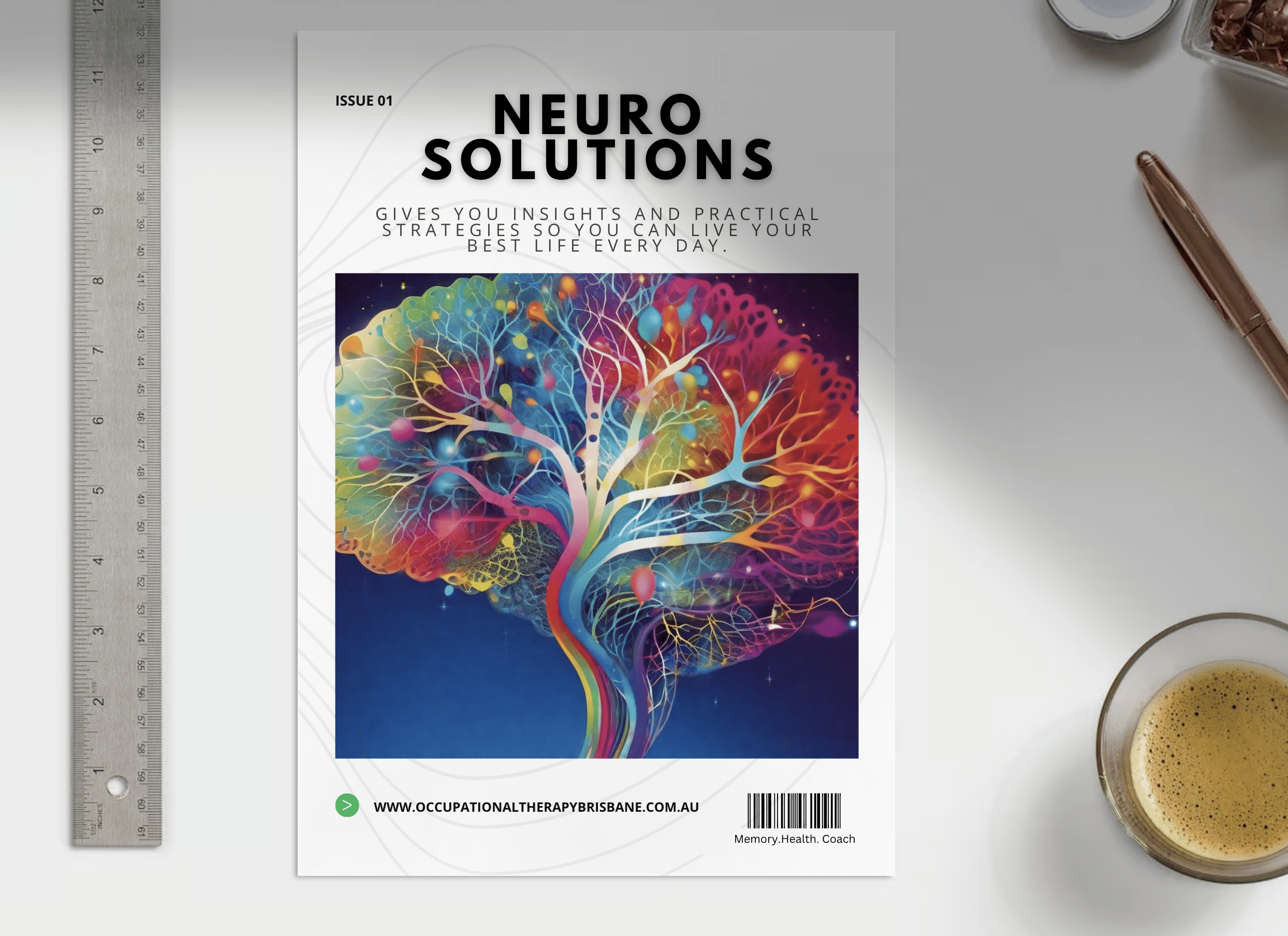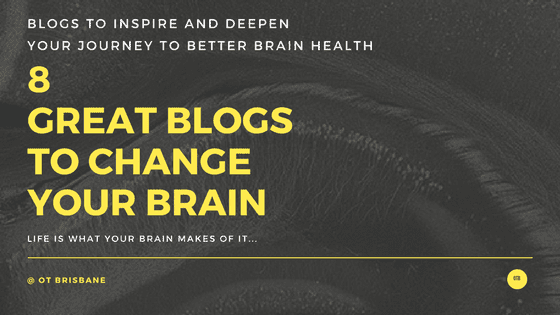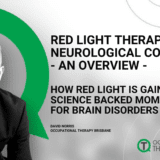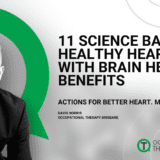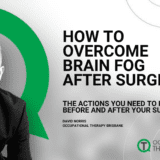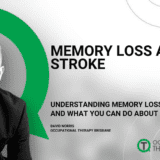8 Blogs To Change Your Brain In 2018
There is so much information out there that it’s very easy to fall into the trap of content overload. So to help you out, we’ve curated a list of 8 great blogs to change your brain in 2018.
So, here’s 8 blogs to help you get clarity about what actions you can take for your brain health.
- The Best Brain Possible: This is a blog combining a rich personal tale about her battle with suicide and mental health and the tools and strategies she has used along the way. https://www.thebestbrainpossible.com/
- Neurophilosophy: Mo Castandi’s blog at the Guardian is an exploration of molecules to the way we perceive the world. A neuroscientist now science blogger he bridges the gap between the science and the practical. Whilst not the most active blog, when he does post it is worth reading: https://www.theguardian.com/science/neurophilosophy
- Psyblog: British psychologist Dr. Jeremy Dean is the founder and author of the popular website ‘PsyBlog’. Jeremy’s first degree was in law but after a career in the Internet industry he began studying psychology. He has now racked up three higher degrees in psychology, his latest being a doctorate from University College London. Along the way PsyBlog took its first fumbling steps in 2004, covering scientific research into how the mind works. There is great content here, but you’ll have to cut through the ads and google ads which sometimes doesn’t suit the content on the page. Here is the link: https://www.spring.org.uk/
- Neurofantastic: NeuroFantastic (previously, Neurorexia) is the brainchild of Shelly Xuelai Fan. While completing her PhD studies, she began blogging about new scientific findings that made her giddy, and NeuroFantastic was born in 2011 to satisfy that urge. Shelly provides her opinion of cutting edge peer reviewed work to latest market developments in the field of neurosciences. https://neurofantastic.com/
- Your Brain Health: Dr Sarah McKay is a neuroscientist, science communicator, and the founder of The Neuroscience Academy. The content is smart, witty and backed with evidence, what’s not to like? Her blog is a great go to resource of advances in neurosciences ( one I go to). Based in Australia she’s developed a fabulous resources for both consumers and practitioners. http://yourbrainhealth.com.au/
- Occupational Therapy Brisbane Blog: Fun, practical and informative, I had to get a plug in somehow! This neuroblog is all about advances in neurosciences, tech and practical applications for better brain health. Lifestyle, The Internal Game, Tools and Resources with Evidence is what we’re about!. https://occupationaltherapybrisbane.com.au/
- Edutopia’s Blog By Donna Wilson: As her headline reads “Put Working Memory to Work in Learning” The blogs focus is taregted to the education sector but there are great practical neuroscience gems here that are worthy of your short list. Dona explores techniques like repetition, gamification, visualization, emphasizing relevance and peer collaboration. https://www.edutopia.org/profile/donna-wilson
- Amy Reichelt, PhD is a Neuroscientist with a bent to understanding nutrition. Her blog bridges the realm of science and connects it to a practical understanding. Her blog also gives you an insight to the inner workings of labs and experiments. Her writings cover her main interests areas of researching “nutritional neuroscience and seeks to understand how diet impacts on memory, cognition and behaviours” https://amyreichelt.com/blog/
BONUS
- BeBrainFit: It was remiss of me to leave out the team of Deane Alban and Patrick Alban from BeBrainFit. Self described as a consumer resource for information about maintaining and improving cognitive and mental health. Beyond the ads there are a number of great articles here to get a broad understanding on what you can do to improve your brain health.
So there you have, our round up of 8 blogs to change your brain. Enjoy! Tell me what blogs you’re into?
Until next time and to your brain health,
David
